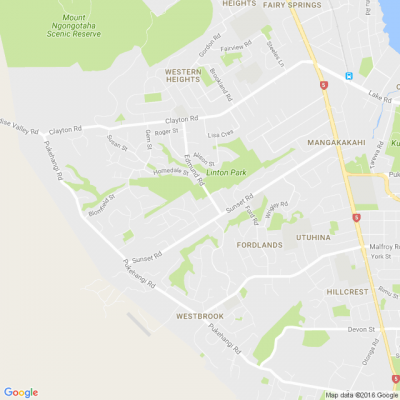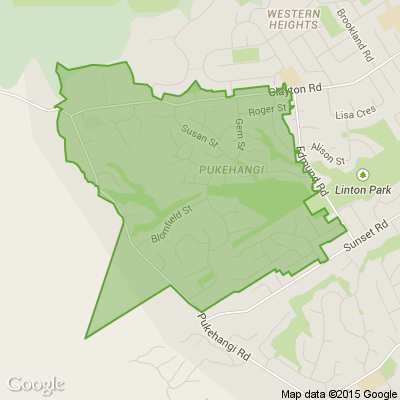How to Get Rid of Cockroaches
Cockroaches are an extremely common household pest throughout all of New Zealand and although they make you shudder when you see them, they thankfully do not pose many health risks, however they can transmit diseases, so it is best to keep them out of your home. As with any pest the number one preventative measure is to keep your home and outside surrounding areas as clean as possible. We’ll talk through more information about the different types of cockroaches, how to prevent an infestation before it happens, and if needed how to kill cockroaches.
What are the 3 main types of cockroach?
Although there are thousands of different species of cockroach, here in New Zealand we tend to only deal with the following three culprits. They are all pests and have the potential to transmit diseases such as dysentery, salmonella and diarrhoea due to their eating habits. See below for more information on the pests most wanted list.
The Gisborne Cockroach
This is our native representative, although it was first introduced from Australia, they are usually not found in doors at all so if you spot one of these in your home, it was likely by accident such as being carried in through timber and firewood.
They commonly live outdoors in damp dark areas and feed on decaying forest matter, so if you happen to spot one of these, it might be worth just giving a helping hand to get it back outside again.
The American Cockroach
This is the most common species found in New Zealand and is known as a pest throughout the world. Despite the name this species is native to Africa and the Middle East. They have adapted very well to human living spaces as they prefer moist areas with warmer temperatures.
Classified as omnivores, they will eat many foods as well as materials including leather, beer, glue and book bindings. They have the potential to cause sickness in humans, from their odorous secretions and bacteria that they pick up and deposit on food and surface areas and so it is very important to keep your house as clean as possible.
The German Cockroach
Although the smallest of the cockroach species found in New Zealand, they are actually the biggest problem. They do not like cold temperatures to a point where they struggle to survive and so they will always look to go inside of buildings for warmth. They more commonly prefer restaurants, food processing facilities and hotels to residential.
They are defined as omnivore scavengers, meaning they eat everything the American Cockroach does as well as meats, starches, sugars and fatty foods.
Keep reading: www.curtainclean.co.nz...

Poll: Should the government levy industries that contribute to financial hardship?
As reported in the Post, there’s a $30 million funding gap in financial mentoring. This has led to services closing and mentors stepping in unpaid just to keep helping people in need 🪙💰🪙
One proposed solution? Small levies on industries that profit from financial hardship — like banks, casinos, and similar companies.
So we want to hear what you think:
Should the government ask these industries to contribute?

-
60% Yes, supporting people is important!
-
25.7% No, individuals should take responsibility
-
14.3% ... It is complicated
Fundraining for Bowl Cancer
Hi,
This February, I am taking part in Move your Butt for Bowel Cancer and will be conquering 200km for the 100 Kiwis who die from bowel cancer every month.
My goal is to raise funds for Bowel Cancer NZ to support patients, raise awareness and fund research to beat bowel cancer.
Please sponsor my challenge and support my efforts to save Kiwi lives.
To make a donation, simply visit my personal fundraising page below:
www.moveyourbutt.org.nz...
Thanks so much for your support.
Roydon
Poll: Could having a bigger university presence bring new opportunities and energy to the Bay of Plenty?
As reported in The Post, the University of Waikato is planting roots in Tauranga as it works on “ambitious plans” to grow its Durham St campus. The goal? To see Tauranga recognised as a true “university city.”
We want to know: Could having a bigger university presence bring new opportunities and energy to the region? We’d love to hear your thoughts!

-
57.1% Yes!
-
28.6% Nah
-
14.3% Mmm, let's wait and see







 Loading…
Loading…